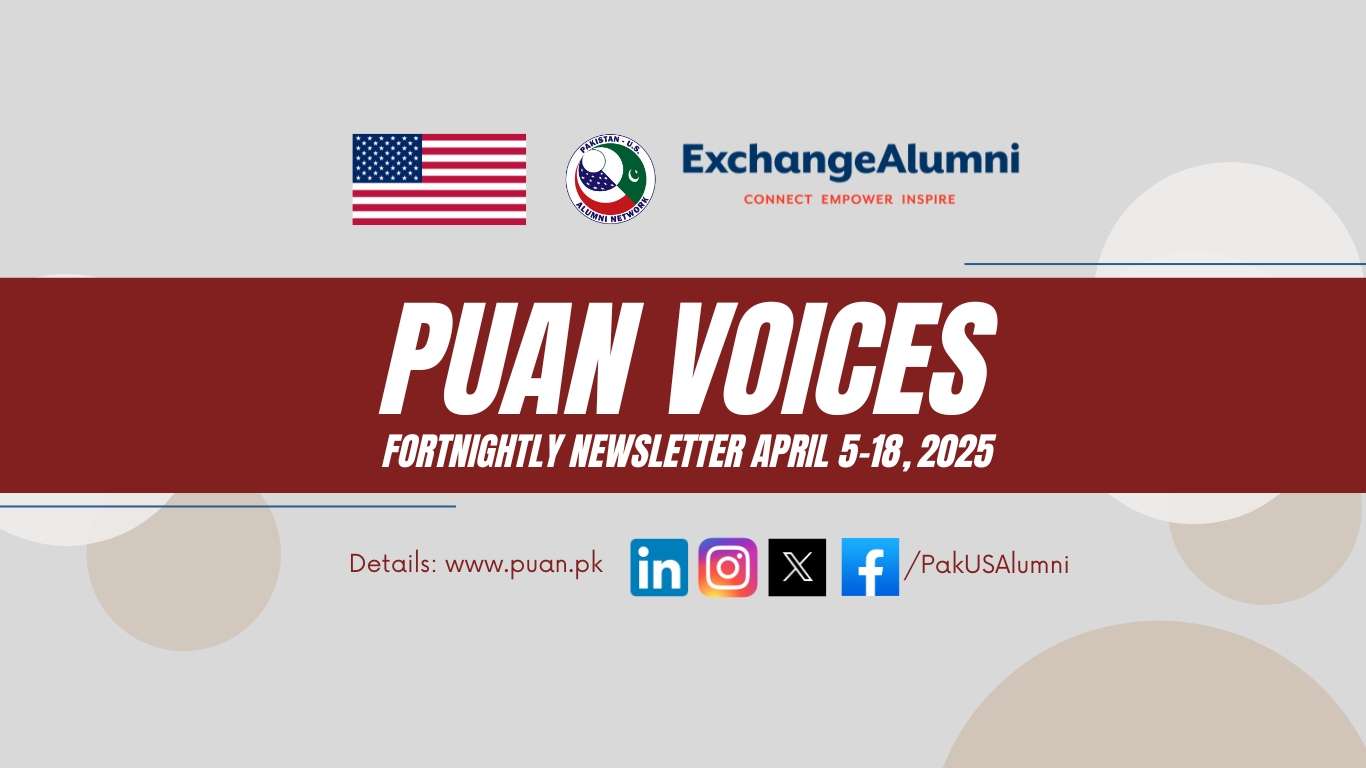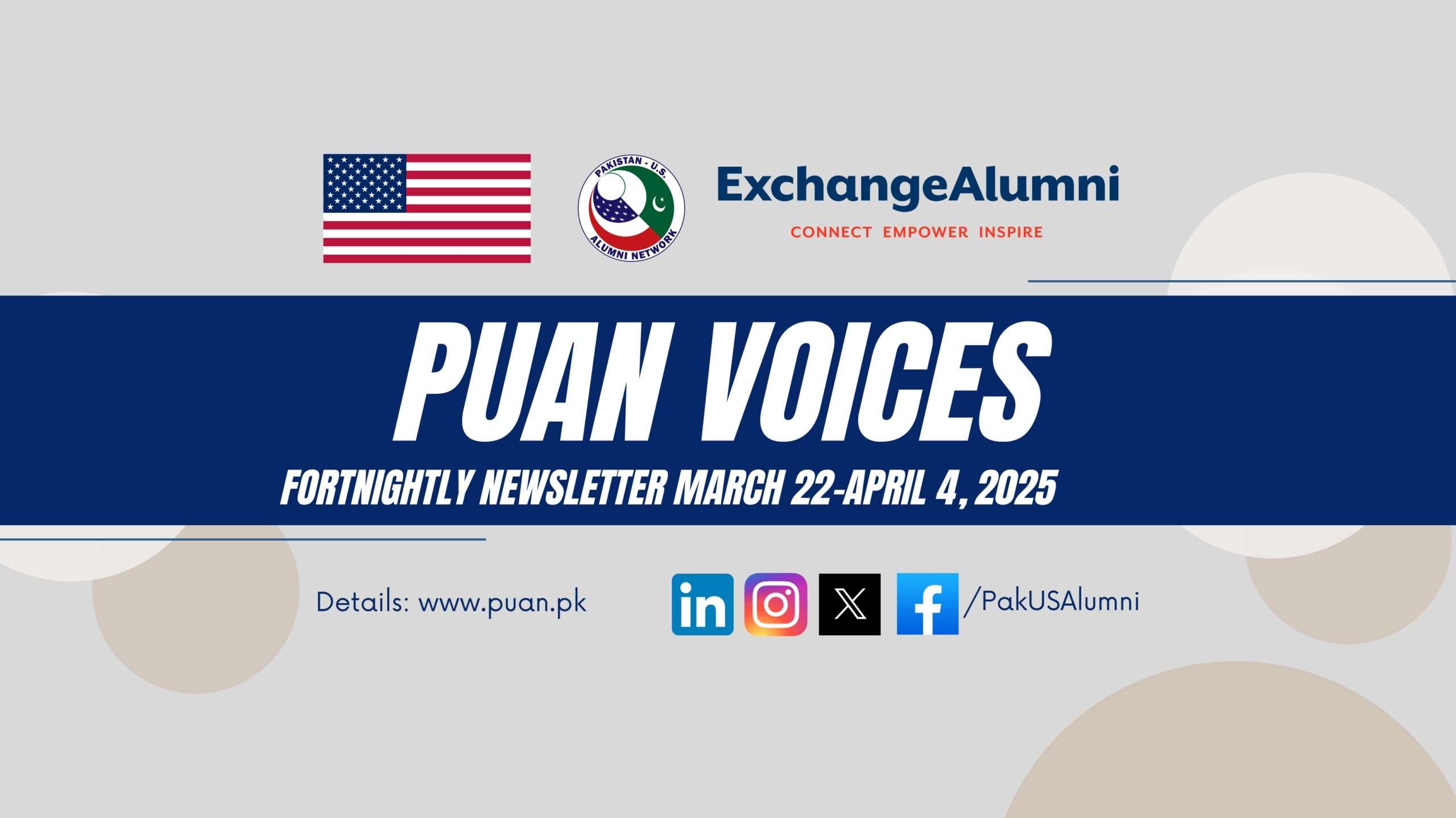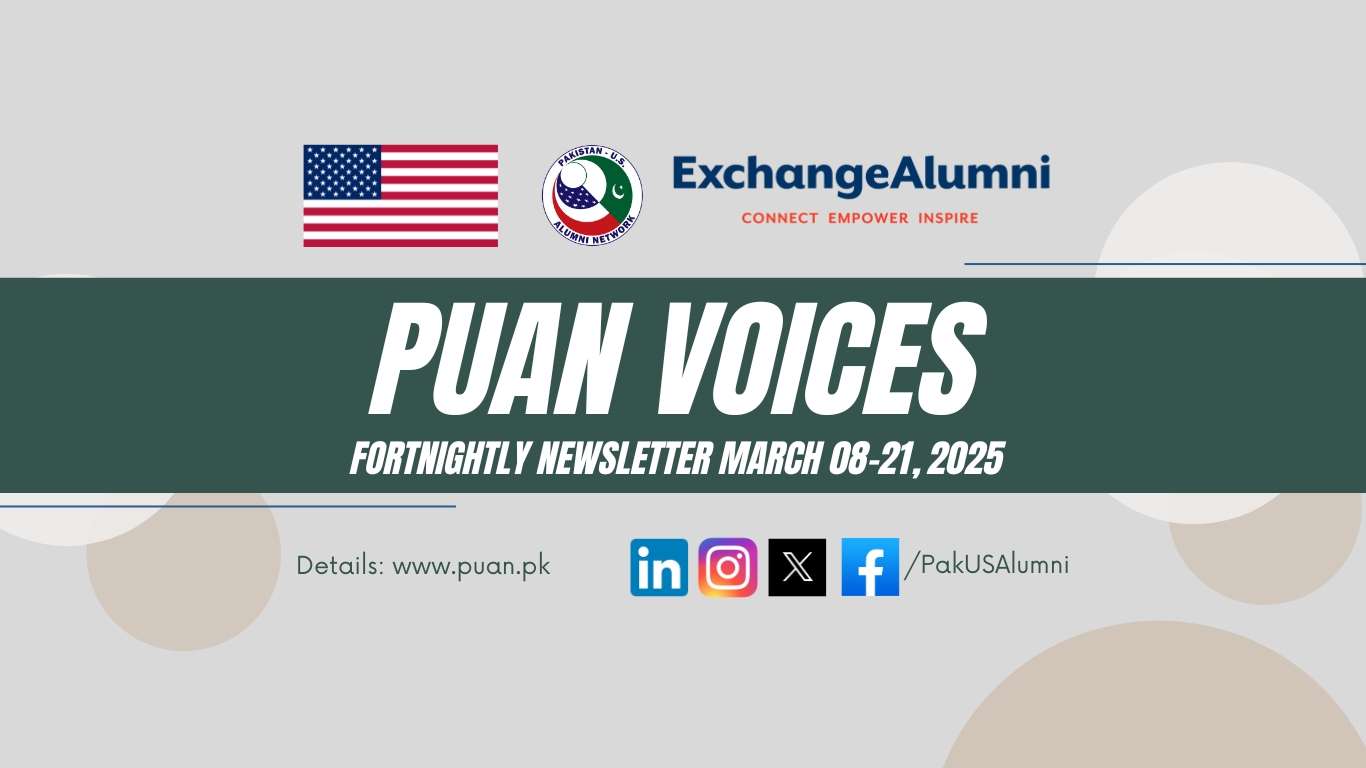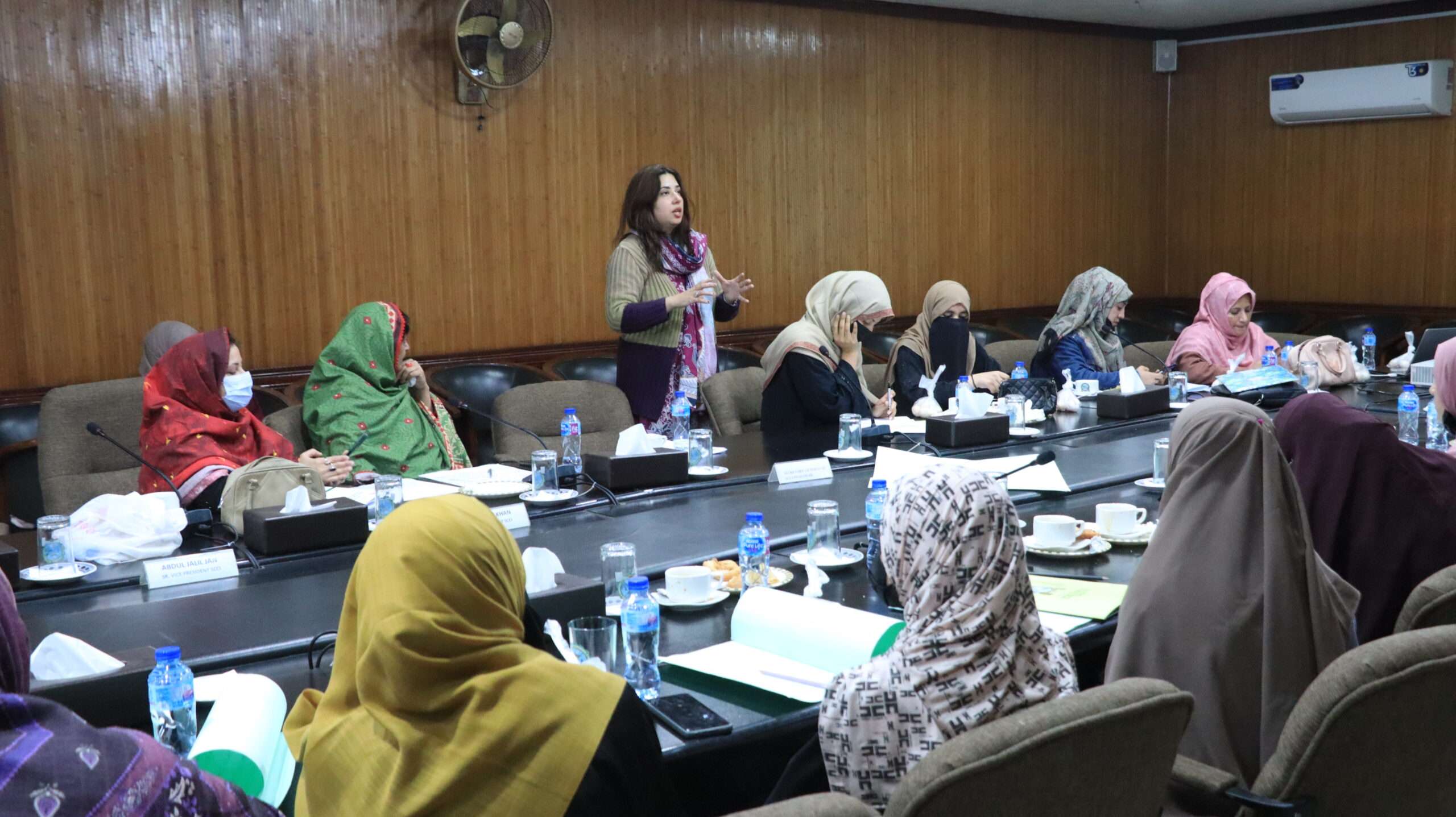By Hira Nafees Shah
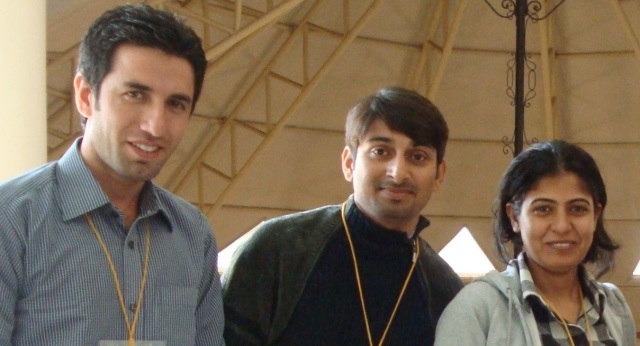
Global UGrad alumnus Farmanullah Mohmand had lived in his home district, the Mohmand Agency in the Federally Administered Tribal Areas, all his life, till he was forced to flee in 2009 with his scant belongings. With fierce fighting underway between the Pakistan Army and the militants, Mohmand was left with no option, but to endure the pain of displacement.
According to the United Nations High Commission for Refugees (UNHCR), more than 700,000 people suffered a similar fate, due to the ongoing unrest in Khyber Pakhtunkhwa and FATA. But not all of them were fortunate enough to tell their tale to an international audience and dispel misconceptions. That is exactly what Farmanullah Mohmand did last month at a peace-building conference in Nepal.
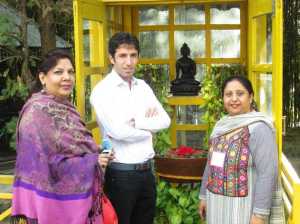
“I gave a presentation on the Internally Displaced Persons and the audience was so affected by our plight, that they became emotional,” he said.
Mohmand was one of three Pakistani alumni of U.S. sponsored exchange programs, who were selected by U.S. Embassy Islamabad to represent the Pakistan-U.S. Alumni Network in a two week Peace Building Conference in Nepal called Conflict Transformation Across Cultures (CONTACT). The conference, which attracted participants from across South Asia, aimed to initiate dialogue on regional peace-building strategies.
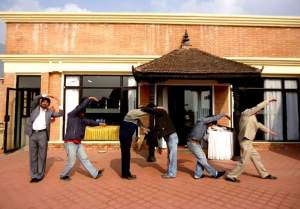
By sharing his own experiences of promoting tolerance, Mohmand was able to show that there are still moderate voices who are fighting against extremism in Pakistan. The participants started calling him Mr. FATA in good humor.
For the young Pakhtun, it was also a revelation to learn about the complex challenges facing attendees from other countries, such as Tibet and Burma. For example, “When I met people from Tibet, they said they had no country, while Burmese Muslims are also facing a very grave set of circumstances,” he said.
The conference led to lifelong friendships for him and now he believes that people-to-people contact is the best way to resolve conflicts in the South Asian region.
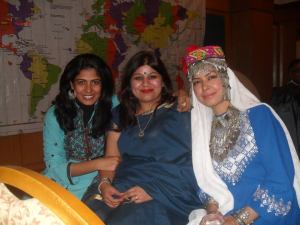
Veengas Mangi, a Journalists Exchange Program alumna from Karachi, appreciated the fact that attendees from Sri Lanka and Bangladesh openly criticized their countries and hopes that Pakistanis are eventually able to develop this sense of critical self-appraisal.
She also believes that the peace-building conference was important for two reasons: it enabled a person to grow as an individual by gaining greater self-control, and also helped one think critically about issues faced by people of other countries.
“At the state level, I believe that the problems faced by all ladies in South Asia are the same like the pressure to bear a son,” she said.
Mangi thinks the borders separating countries in South Asia should be soft, so that the air of mutual suspicion and distrust can be removed. She quoted the example of a Bengali woman who had a very negative impression about the Pakistan Army. But after talking to the Pakistani delegation, her views about the country changed.
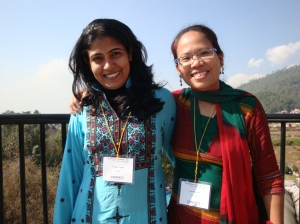
The journalist from Sindh says peace building is the need of the hour in a region beset with several major conflicts.
Conflict is something that International Visitor Leadership Program (IVLP) alumnus Saqib Javed has experienced all his life in Azad Kashmir. At the conference, Javed answered questions about why the Kashmir issue is still unresolved 60 years later.
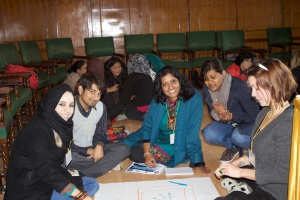
“I told the participants that Kashmiris should be provided the right of self-determination,” he said. “Kashmir remains the core issue between Pakistan and India and all other issues stem from it.”
Stressing the importance of dialogue in peace-building efforts, Javed mentioned that the ceasefire along the Line of Control between Pakistan and India was the result of talks.
He believes the conference was beneficial in imparting techniques to the 58 participants to deal with conflicts more effectively, like adopting a non-violent attitude and promoting inter-faith harmony.
Javed also spearheaded a discussion in which 10 participants proposed solutions for the Kashmir quagmire and ways to improve the India-Pakistan relationship.
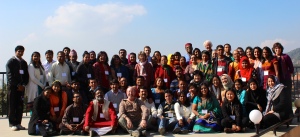
He also cherishes how his knowledge about other countries increased after taking part in the conference and how he made friends who are spread across the world.
“When we were leaving, it felt as if I was leaving a family behind,” Javed said. “The mindset of people living in South Asia is the same, despite the different policies that they have to follow in their own countries.”


